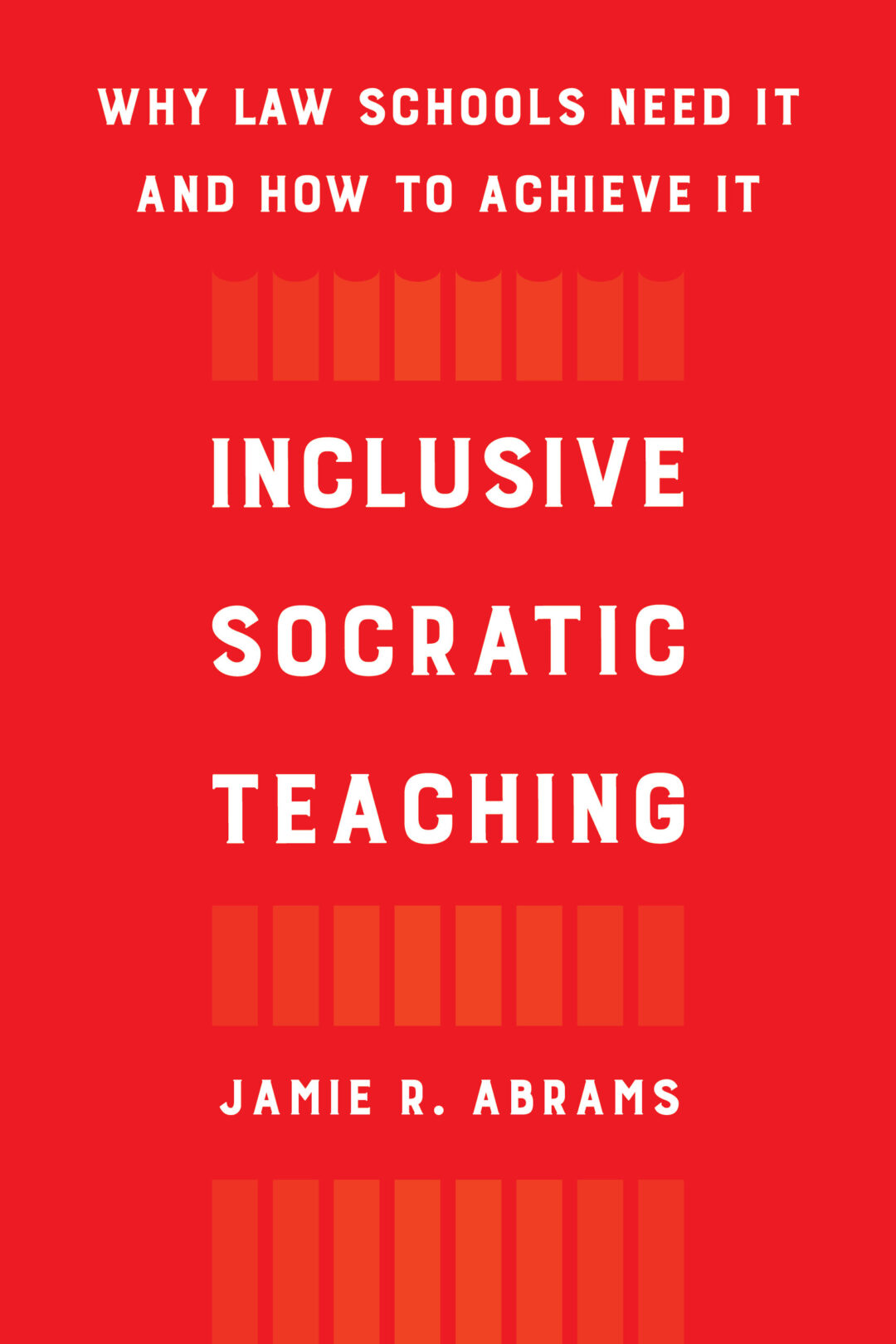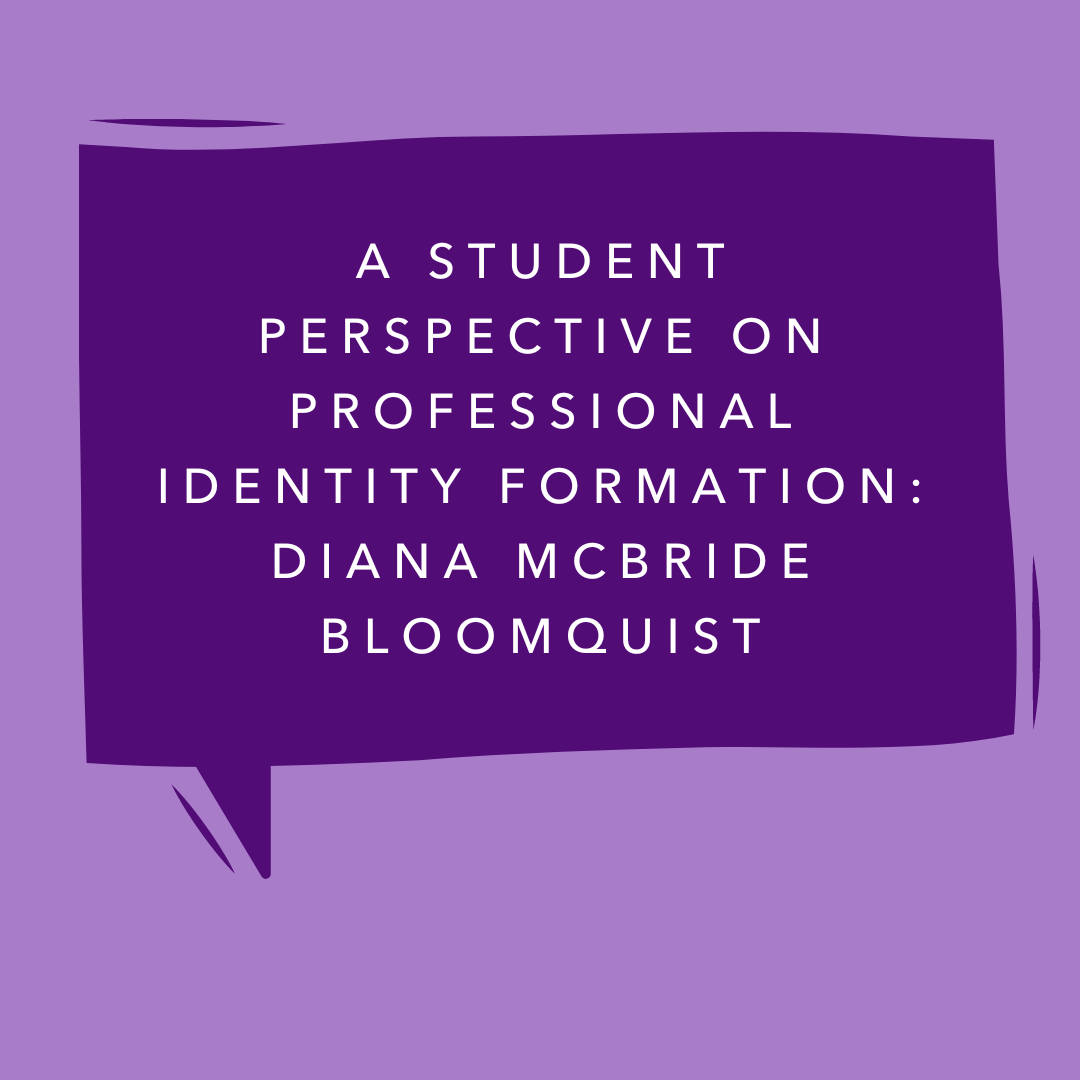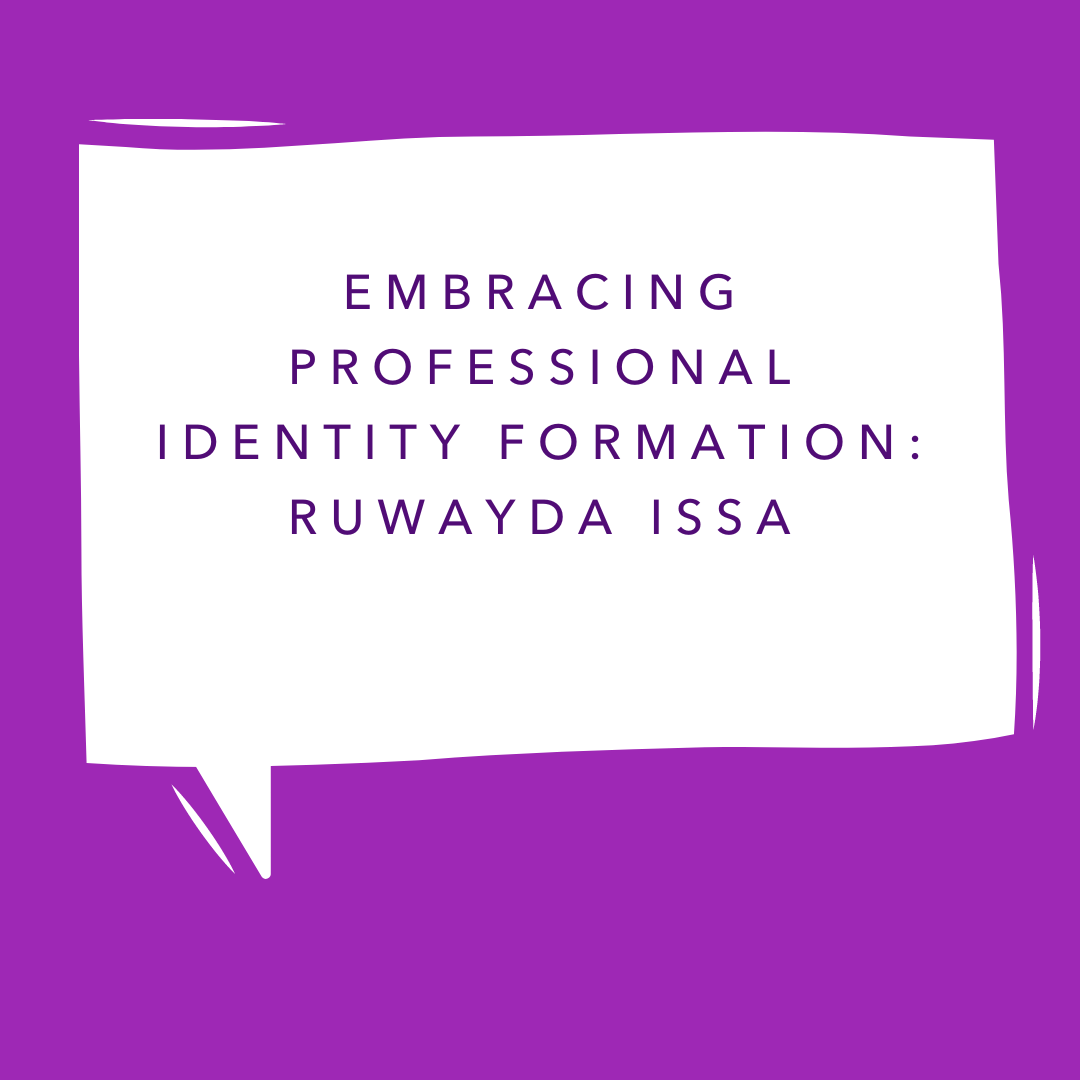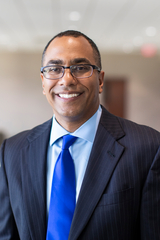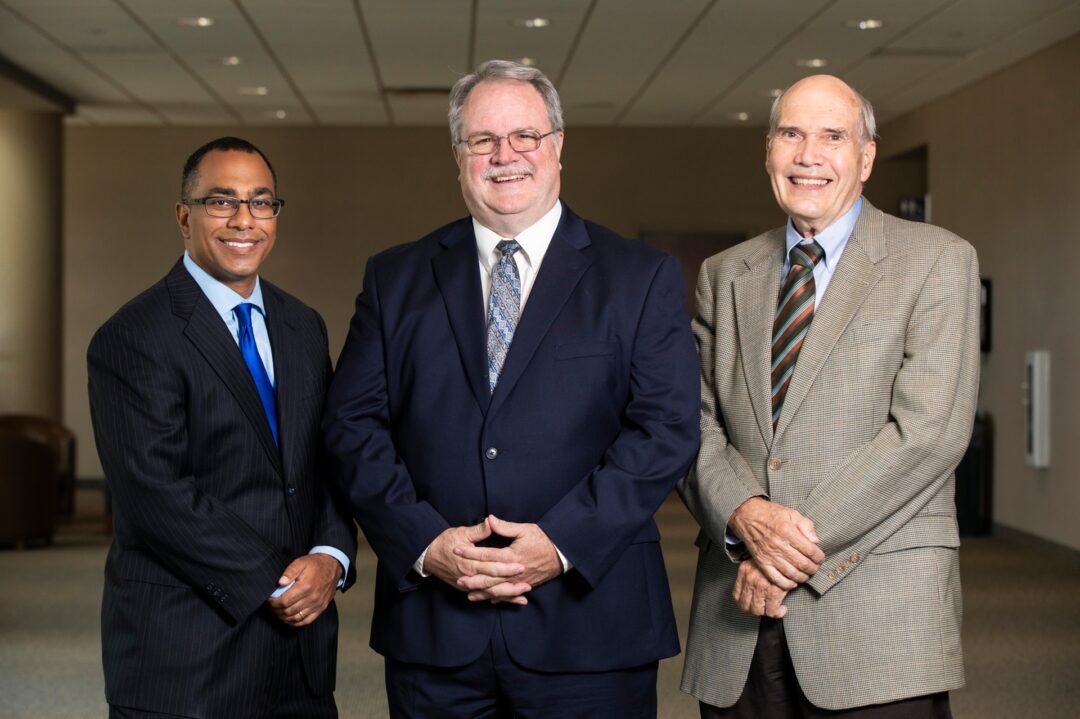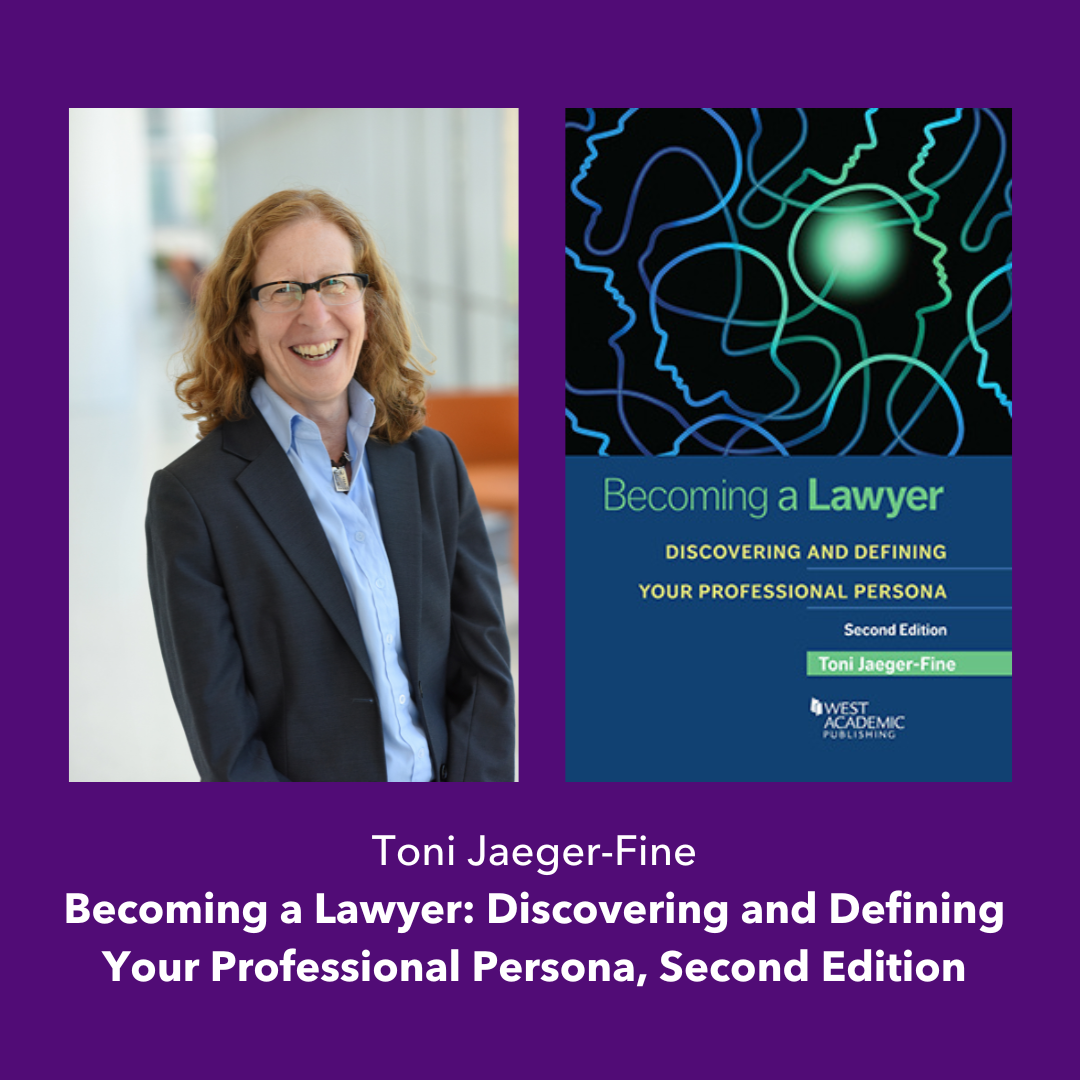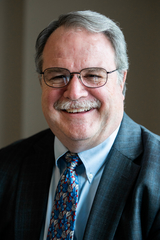By: Stephanie E. Kupferman, Assistant Professor of Law, Vermont Law and Graduate School
Colette Schmidt, Assistant Director of Career Services, Vermont Law and Graduate School
“It is okay to not be okay,” even in the legal profession.[1]
The law is one of the only professions dedicated to righting wrongs, ensuring fairness, and striving to ensure that all people are treated equally. However, with great fulfillment comes monumental responsibility. Lawyers are consequently more vulnerable to stress, depression, anxiety, and substance abuse than nearly any other profession.[2] Anne Brafford, Vice President of Programming and former equity partner at Morgan, Lewis, & Bockius LLP, opines in her Well-Being Toolkit for Lawyers and Legal Employers that being a lawyer is an immense privilege, allowing our law degrees to provide opportunities to contribute to the vitality of government, the business sector, community safety, and individual lives.[3] But with these grave responsibilities come concomitant stressors that need to be managed. Given that August is wellness month and discussions of mental health are still stigmatized in the legal profession, it feels like propitious timing to address a series of blog posts to wellness topics within the practice of law.
Within the past decade, the ABA Commission on Lawyer Assistance Programs partnered with the Hazelden Betty Ford Foundation to conduct a never-before-seen study on lawyer impairment.[4] Results were, at minimum, alarming: of the 12,825 licensed and employed attorneys who participated in the survey, 20.6% of respondents’ scores indicated problematic drinking.[5] Further, 28% of respondents indicated some level of depression, 19% indicated some level of anxiety, and 11.5% reported having suicidal thoughts at some point in their career.[6] In sum, the full report noted that
Attorneys experience problematic drinking that is hazardous, harmful, or otherwise consistent with alcohol use disorders at a higher rate than other professional populations. Mental health distress is also significant. These data underscore the need for greater resources for lawyer assistance programs, and also the expansion of available attorney-specific prevention and treatment interventions.[7]
To address these issues, the American Bar Association (“ABA”) commissioned a task force through the Commission on Lawyer Assistance Programs (“CoLAP”), the National Organization of Bar Counsel (“NoBC”), and the Association of Professional Responsibility Lawyers (APLR). The result? Organizations produced some amazing resources on wellness.[8] Wellness efforts have not simply remained at the national level; states nationwide have strived to improve the mental health of their attorneys. Jurisdictions nationwide have interpreted their Rules on Professional Conduct to make lawyer wellness a condition precedent to competency.[9] Additionally, Vermont now requires at least one credit of Attorney Wellness per MCLE reporting period.[10] And yet, the problem remains. According to a 2023 study, 66% of respondents reported that being in the legal profession has harmed their mental health to some degree, and 46% of respondents reported thoughts of leaving the profession altogether as a result of stress or burnout.[11]
The data is conclusive: mental health and substance abuse issues among lawyers exist. Lawyers have immense responsibilities consisting of long hours, vast amounts of legal research and writing, expectations of remaining up to date with statutes and regulations, and both ethical and professional duties to their clients and coworkers.[12] These responsibilities are no small feat. Unfortunately, with these crucial responsibilities comes a great level of stigma; lawyers have, and still do, struggle with openly discussing mental health issues/crises out of fear that their colleagues or clients will judge or lose trust in them.[13] However, concerns and privacy regarding mental health issues and the law does not begin when an attorney is faced with these responsibilities—it can begin as soon as a law student first steps foot on campus.
Being a law student is no easy feat. It involves competition, composure, the Socratic Method, and learning a new way of thinking (and writing). A law student also faces the pressures of social circles, class rankings, academic achievements, journal, and extracurricular involvement. Moreover, a law student must deal with the obscure usage of terminology and acronyms, along with the fear that others will be able to identify exactly what that law student doesn’t know. Law school is an entirely new universe for many individuals that decide to pursue this advanced degree, especially first-generation law students who have had no previous exposure to the legal field. Law school, by its very definition, is stressful. The stigma regarding mental health has been so pervasive that, in 2015, the ABA House of Delegates urged bar licensing entities to reconsider character and fitness questions relating to mental health histories and diagnoses.[14]
Simply put, to be a good lawyer, one must be a healthy lawyer. As shown above, the legal profession is already struggling to maintain public confidence within the profession and resultingly is addressing how to reduce the level of toxicity that has allowed mental health and substance use disorders to fester among our colleagues.[15] Not surprisingly, law schools are now also seeking to prioritize mental health among 1L’s too.[16]
As established above, mental health issues pervasively exist in the legal profession. Unfortunately, there is also an ever-looming stigma regarding mental health and the legal profession. But what can be done? What can we do? In this blog series, we will be discussing the eight pillars of wellbeing—as applied to the legal profession. We are Stephanie E. Kupferman, an assistant professor of law teaching in the externship program, and Colette C. Schmidt, assistant director of career services, and we call ourselves the “Ladies of Professional Development”. We are both former practicing attorneys who are here to provide you with advice and tips based on not only our experiences, but also science.
First up? Sleep and exercise! It’s no surprise that exercise is considered to be one of the most beneficial activities that people can engage in.[17] The National Institutes of Health conducted a study examining the gene activity, protein alterations, immune cell function, metabolite levels, and numerous other measures of cell and tissue function, which allows researchers to study the longer-term adaptations of the body to exercise. The Mayo Clinic found that there are seven benefits of regular physical activity: 1) “[e]xercise controls weight;” 2) “[e]xercise combats health conditions and diseases;” 3) “[e]xercise improves mood;” 4) “[e]xercise boosts energy;” 5) “[e]xercise promotes better sleep;” 6) “[e]xercise puts the spark back into your sex life;” and 7) “[e]xercise can be fun [and] social.”[18] Need we say more?
Further, that foggy feeling you get after a poor night’s sleep impacts your brain function.[19] Getting enough sleep is vital for “‘brain plasticity,’ or the brain’s ability to adapt to input.”[20] If you don’t sleep enough, you not only can’t process what you’ve learned during the day, but you also have more trouble remembering it in the future.[21] “Researchers also believe that sleep may promote the removal of waste products from brain cells – something that occurs less efficiently when the brain is awake.”[22]
So, how can you set yourself up for success? Get a good night’s sleep. Students, please sleep enough to “help stay focused, improve concentration, and improve academic performance.”[23] Failure to get a good night’s sleep can cause incommensurate reactions to a myriad of situations and particularly stressful situations. If you are debating between reading that last case and getting some rest, get some rest and email your professor.
TRIGGER WARNING: In our next blog post, we will be discussing the importance of a good diet. If you are struggling with an eating disorder, please refer to the following website: https://www.nationaleatingdisorders.org/get-help/ and consider these following helplines:
- ANAD Helpline:1 (888) 375-7767
Monday-Friday, 9am-9pm CT - National Alliance for Eating Disorders Helpline:1 (866) 662-1235
Monday-Friday, 9am-7pm ET - Diabulimia Helpline: 1 (425) 985-3635
If you have any questions or comments, then please feel free to contact us at skupferman@vermontlaw.edu or cschmidt@vermontlaw.edu.
[1] David Jaffe et al., “It is Okay to Not Be Okay”: The 2021 Survey of Law Student Well-Being, 60 U. Louisville L. Rev. 439 (2022).
[2] Report and Recommendations of the NYSBA Task Force on Attorney Well-Being This is Us: From Striving Alone to Thriving Together, 70 (Oct. 2021).
[3] See generally Anne Brafford, Well-Being Toolkit for Layers & Legal Employers (2018).
[4] Study on Lawyer Impairment, American Bar Association (Jan. 18, 2019), https://www.americanbar.org/groups/lawyer_assistance/research/colap_hazelden_lawyer_study/.
[5] Id.
[6] Id.
[7] Patrick Krill, The Prevalence of Substance Use and Other Mental Health Concerns Among American Attorneys, J. of Addiction Med. 10, 46 – 52 (Jan./Feb. 2016).
[8] The ABA’s Mental Health & Wellness resource library contains materials ranging from how to take a real vacation to mental health first aid to coping with eating disorders and beyond.
[9] See ABA Model Rules on Professional Responsibility; Vermont Rules of Professional Conduct available at: https://www.vermontjudiciary.org/sites/default/files/documents/VermontRulesofProfessionalConduct.pdf. Note: every state has some permutation of competency definition of which lawyer wellness is integral.
[10] See Mandatory Continuing Legal Education, Vermont Judiciary, https://www.vermontjudiciary.org/attorneys/mandatory-continuing-legal-education (last visited July 11, 2024).
[11] Today’s Lawyers & Mental Health: Mental Awareness Month, Thomson Reuters (May 16, 2024), https://legal.thomsonreuters.com/blog/todays-lawyers-and-mental-health/#:~:text=It%20goes%20without%20saying%20that,juggling%20multiple%20cases%20at%20once.
[12] Id.
[13] Id.
[14] See Mental Health Character & Fitness Questions for Bar Admission, Am. Bar Ass’n, https://www.americanbar.org/groups/diversity/disabilityrights/resources/character-and-fitness-mh/ (last visited July 11, 2024).
[15] See https://www.americanbar.org/groups/lawyer_assistnace/task_force_report/
[16] See also Law Deans Clearinghouse for Student Mental Health, The Ass’n of Am. Law Schools, https://www.aals.org/mental-health-clearinghouse/ (last visited July 11, 2024). In a 2021 survey, almost 70% of respondents (law students) indicated mental health issues. Id.
[17] See Understanding How Exercise Affects the Body, Nat’l Institutes of Health (May 14, 2024), https://www.nih.gov/news-events/nih-research-matters/understanding-how-exercise-affects-body.
[18] Mayo Clinic Staff, Exercise: 7 Benefits of Regular Physical Activity, Mayo Clinic, https://www.mayoclinic.org/healthy-lifestyle/fitness/in-depth/exercise/art-20048389 (last visited July 11, 2024).
[19] The Science of Sleep: Understanding What Happens When You Sleep, Johns Hopskins Medicine, https://www.hopkinsmedicine.org/health/wellness-and-prevention/the-science-of-sleep-understanding-what-happens-when-you-sleep (last visited July 11, 2024).
[20] Id.
[21] Id.
[22] Id.
[23] Sleep & Health, CDC, https://www.cdc.gov/healthyschools/sleep.htm#:~:text=Students%20should%20get%20the%20proper,poor%20mental%20health%2C%20and%20injuries (last visited July 11, 2024).
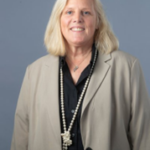
Stephanie E. Kupferman, an associate professor of law, joined the Vermont Law & Graduate School Externship team in 2018, where she works to place law students in legal offices throughout the country for law school credit. Prior to joining VLGS, Stephanie was a seasoned litigator in NYC.

Colette C. Schmidt joined Vermont Law & Graduate School as the Assistant Director of Career Services in August of 2023, where she specializes in JD degree and career counseling, interviewing, and networking skills. Before law school, Colette worked in complex civil litigation and is licensed in both New Hampshire and Vermont.

